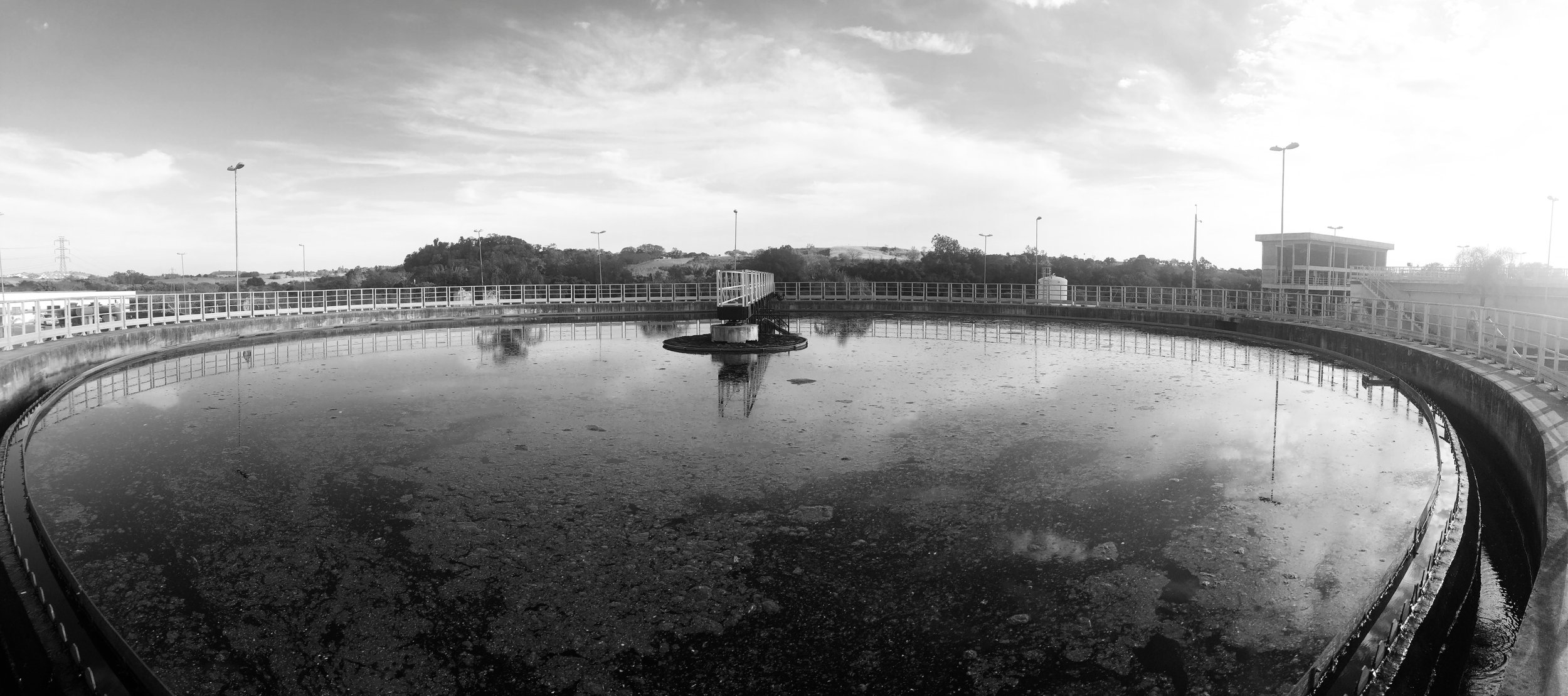
Water, politics and finance
My work explores water governance and provision as a lens into the political economy of development and, specifically, into the politics of private investment in the production of built and natural environments.
As state actors and multilateral institutions call on private capital to address mounting socio-ecological infrastructure challenges, my work highlights the need to move beyond the common public vs. private binary to interrogate variation within private investment itself—its forms of ownership, its practices, and, crucially, its forms of politics.
This work builds on more than seven years of empirical engagement with water politics in Brazil. In my doctoral research, Disordering Capital (2022), I trace the historical development of private participation in water provision in the country and examine heterogeneity in ownership models and types of investors. My work (1) explains the political ramifications of the increasing entanglement of financial investors like private equity in this space, (2) sheds light onto the long-term politics of public-private collaboration within mixed ownership water companies, and (3) examines the role of business political mobilization in creating attractive regulatory environments for financial investment, illuminating how a recent regulatory reform of the sector (Law n. 14.026/2020, “Novo Marco do Saneamento”) came to be. The research integrated comparative case studies of water companies, ethnographic fieldwork, more than 100 in-depth interviews, and novel data I compiled on public-private contractual relationships over nearly 25 years (1994-2020). For my doctoral research, I was selected as a Martin Fellow for Sustainability (2019–2020).
In my earlier work, Fluid Dynamics (2016), I explored social mobilization and activism around an unprecedented drought in São Paulo city between 2014-2015. My ethnographic research during the water crisis highlighted how activists deployed flexible mobilization frames to contest market-based models of water supply, navigate relations with the state, facilitate coalition-building, and advance alternative models of water resources governance.
Related work
“Securing financial returns in politically uncertain worlds: Finance and urban water politics in Brazil,” Environment and Planning C: Politics and Space (2024)
“Elusive boundaries: The politics of public-private relations in Brazilian water provision,” Phenomenal World (2023)
“The Limits of Insulation: The Long-Term Political Dynamics of Public-Private Service Delivery,” International Development Planning Review (2022)
“Infrastructure: The Harmonization of an Asset Class and Implications for Local Governance,” The Routledge Handbook of Financial Geography (2020)
“The Promise of Proximity: The Politics of Knowledge and Learning in South-South Cooperation between Water Operators,” Environment and Planning C: Politics and Space (2018)
Fluid Dynamics: Politics and Social Struggle in São Paulo’s Water Crisis (2016)